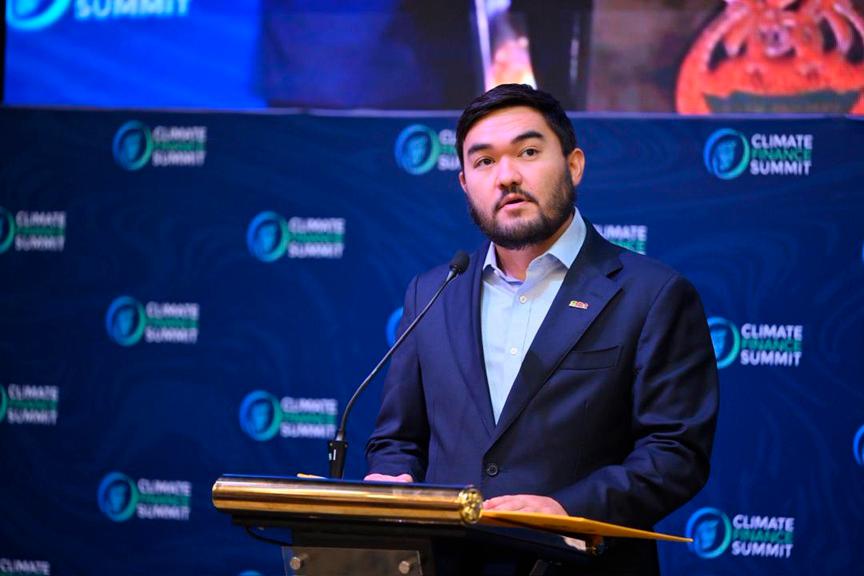KUALA LUMPUR: Malaysia needs the private sector, financial institutions and investors to move boldly in funding climate-related efforts, said Raja Muda Selangor Tengku Amir Shah Ibni Sultan Sharafuddin Idris Shah Alhaj.
Tengku Amir said institutions such as Khazanah Nasional Bhd, Employees Provident Fund and Permodalan Nasional Bhd need to step up as governments cannot do this alone.
“Imagine the impact if they increased their portfolio allocations towards renewable energy, low-carbon infrastructure, and nature-based solutions,” he said in his speech at the Climate Finance Summit 2025 today.
He said Malaysia still needs policy support including more financial incentives, better ESG (environmental, social and governance) regulation and creative financing tools to make it easier for the private sector to fund climate-related efforts.
“Let’s learn from Indonesia’s Tropical Landscapes Finance Facility, a powerful partnership mobilising over US$1 billion (RM4.23 billion) in blended finance for sustainable land use. Malaysia can replicate this model, adapting it to our needs,” Tengku Amir said.
He added that funding still lags far behind what is needed, as Malaysia faces an annual shortfall of RM20 billion to meet its climate goals.
“The 2021 floods alone caused RM6.1 billion in damages. Across Asean, the gap exceeds US$100 billion annually.”
Meanwhile, Tengku Amir pointed out that Singapore avoided similar devastation through S$2 billion (RM6.6 billion) in preventive investments.
“The lesson is clear. Inaction costs far more than action. Climate finance is not an expense. It is an investment in survival.”
He said strategic finance must go towards solutions such as climate-smart agriculture, flood mitigation, and disaster preparedness, especially after tragedies such as the Batang Kali landslide.
Tengku Amir stressed that climate finance must protect Malaysia’s most vulnerable, including farmers, fishermen and low-income communities.
“The agriculture sector employs over 10% of Malaysians, yet it is severely impacted by rising temperatures and drought. In some areas, oil palm yields have dropped by 20%. Coastal fishermen in Terengganu and Kelantan face rising sea levels and declining catches.”
However, he said there are also success stories. In Kuala Sepetang, Perak, decades of mangrove restoration have protected over 40,000 hectares of forest, boosted eco-tourism, and shielded local communities from storms.
He also noted that Malaysia has demonstrated leadership in the past. In 2017, it became the first country in the world to issue a green sukuk, an Islamic financial instrument to fund renewable energy.
“Tadau Energy’s green sukuk raised RM250 million to build a solar plant in Sabah. Since then, more issuances have followed,” Tengku Amir said.
He added that Malaysia is home to the world’s first syariah-compliant carbon market, the Bursa Carbon Exchange, which merges ethics with climate ambition.
He concluded that Malaysia should strive to become Southeast Asia’s climate finance hub, attracting global capital, driving regional solutions, and delivering on its net-zero 2050 commitment.
“If you’re in finance, grow your green investments. If you’re a policymaker, clear the roadblocks to climate funding. If you’re a business, embed climate action into your model. And if you’re young, use your voice and your choices to demand change.”
Tengku Amir called on the government, private sector and public to work together to make climate finance the engine of real, urgent and lasting change.









